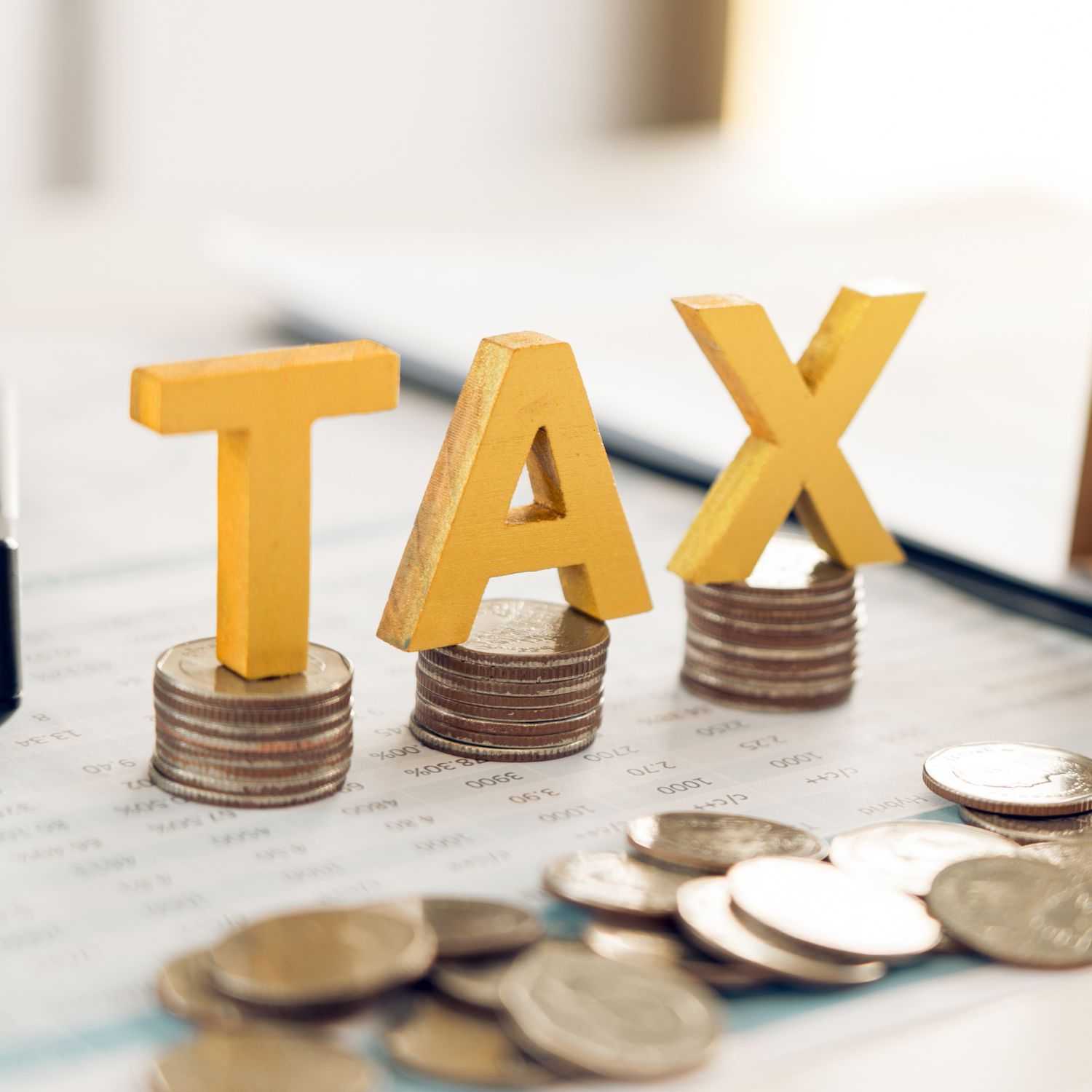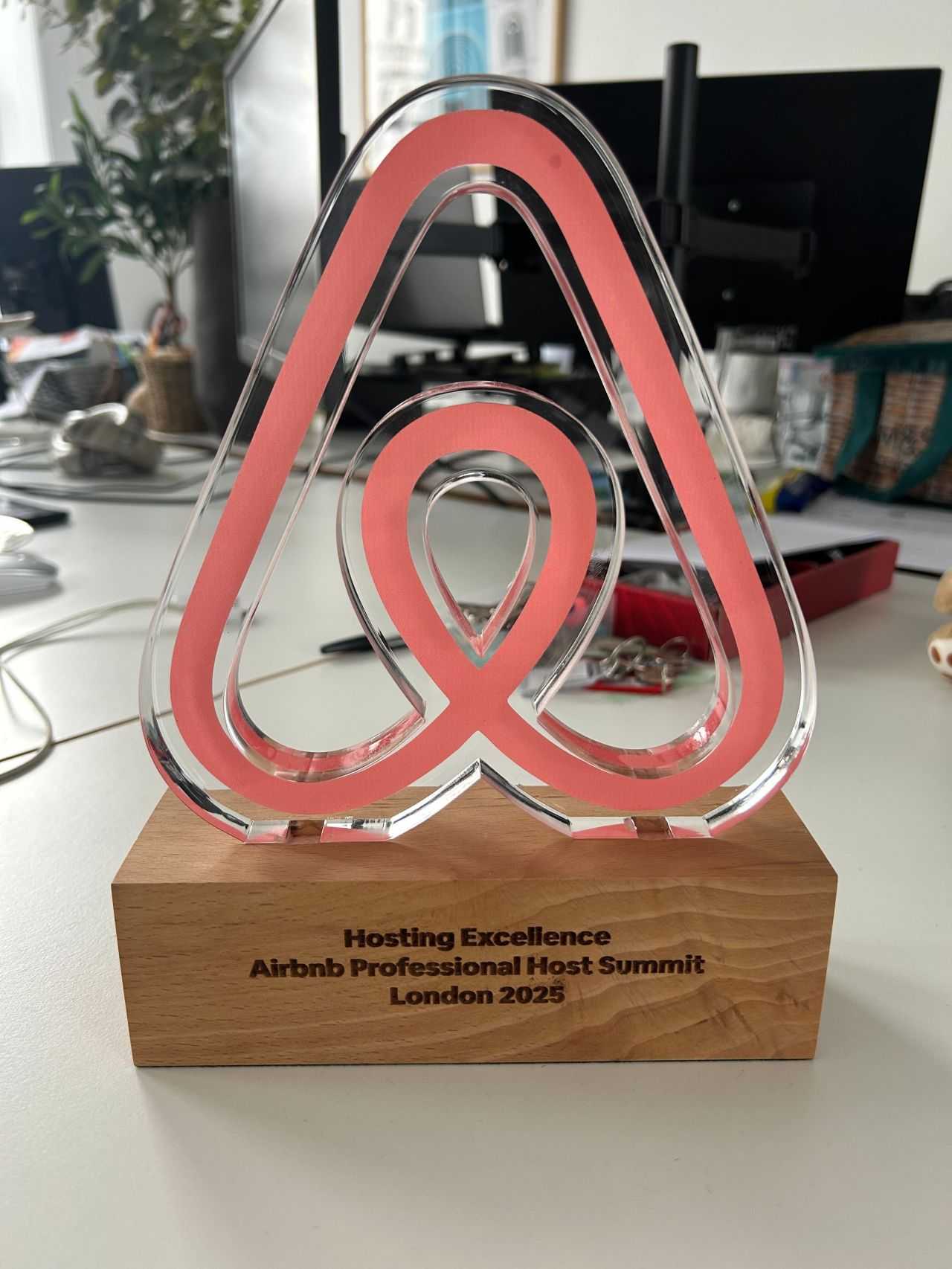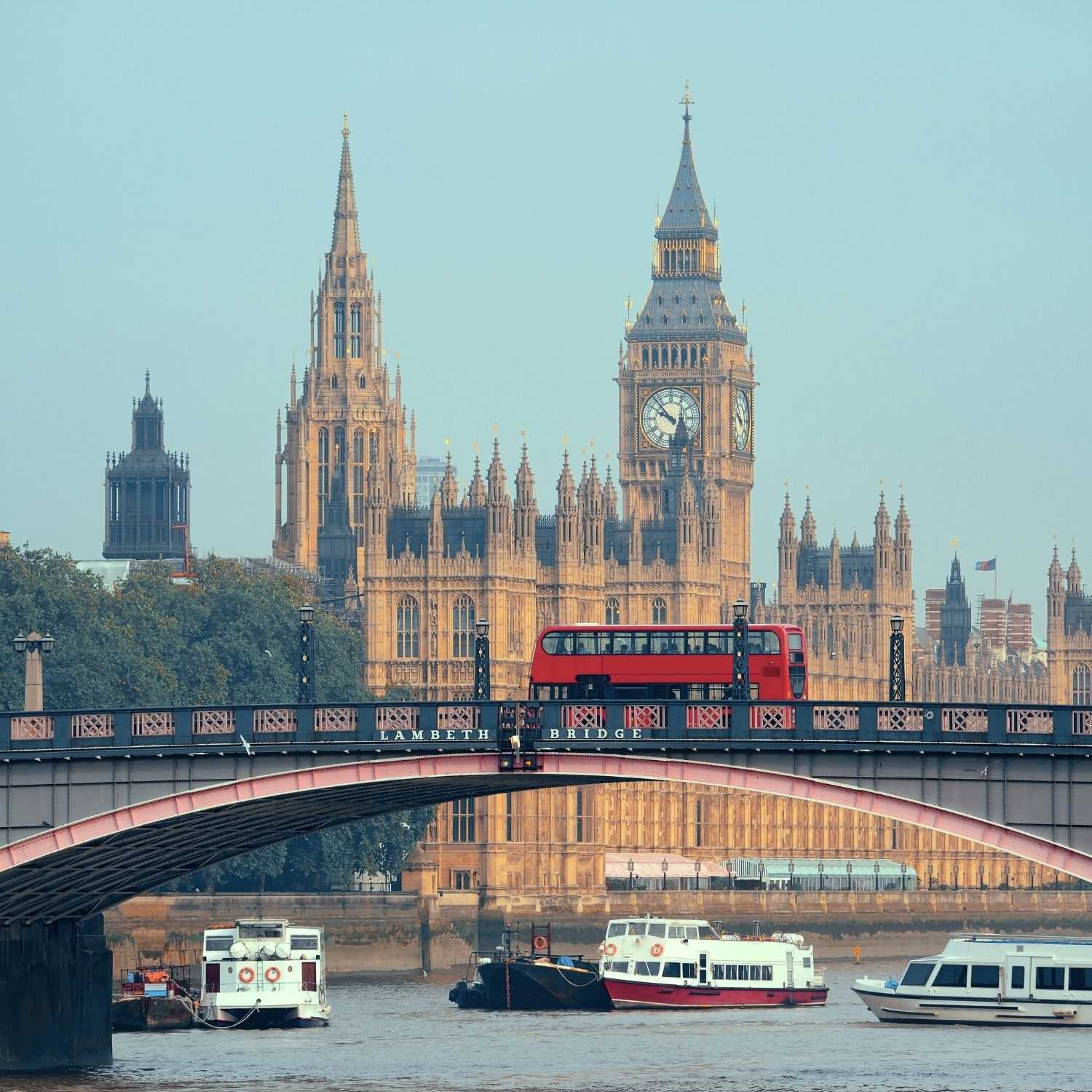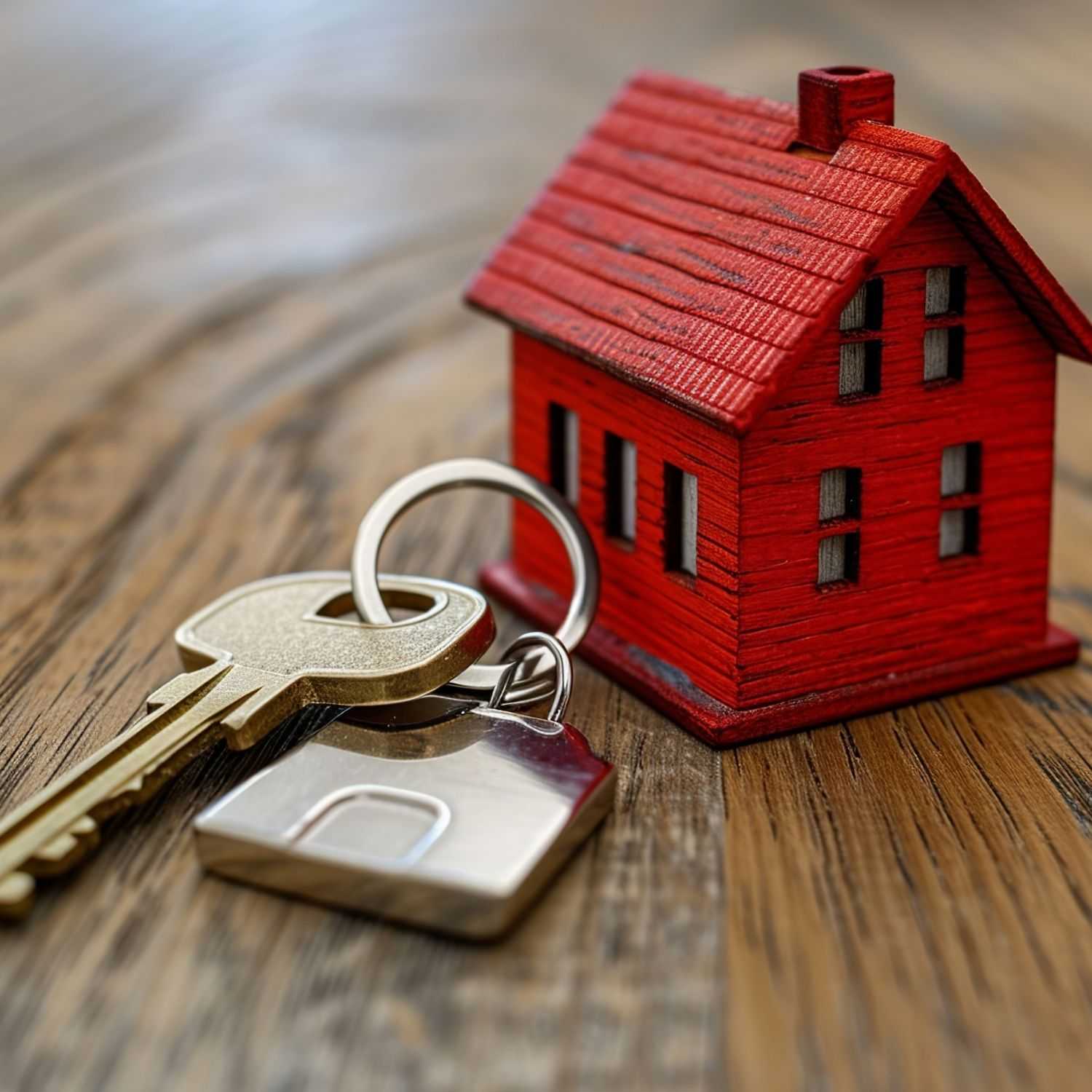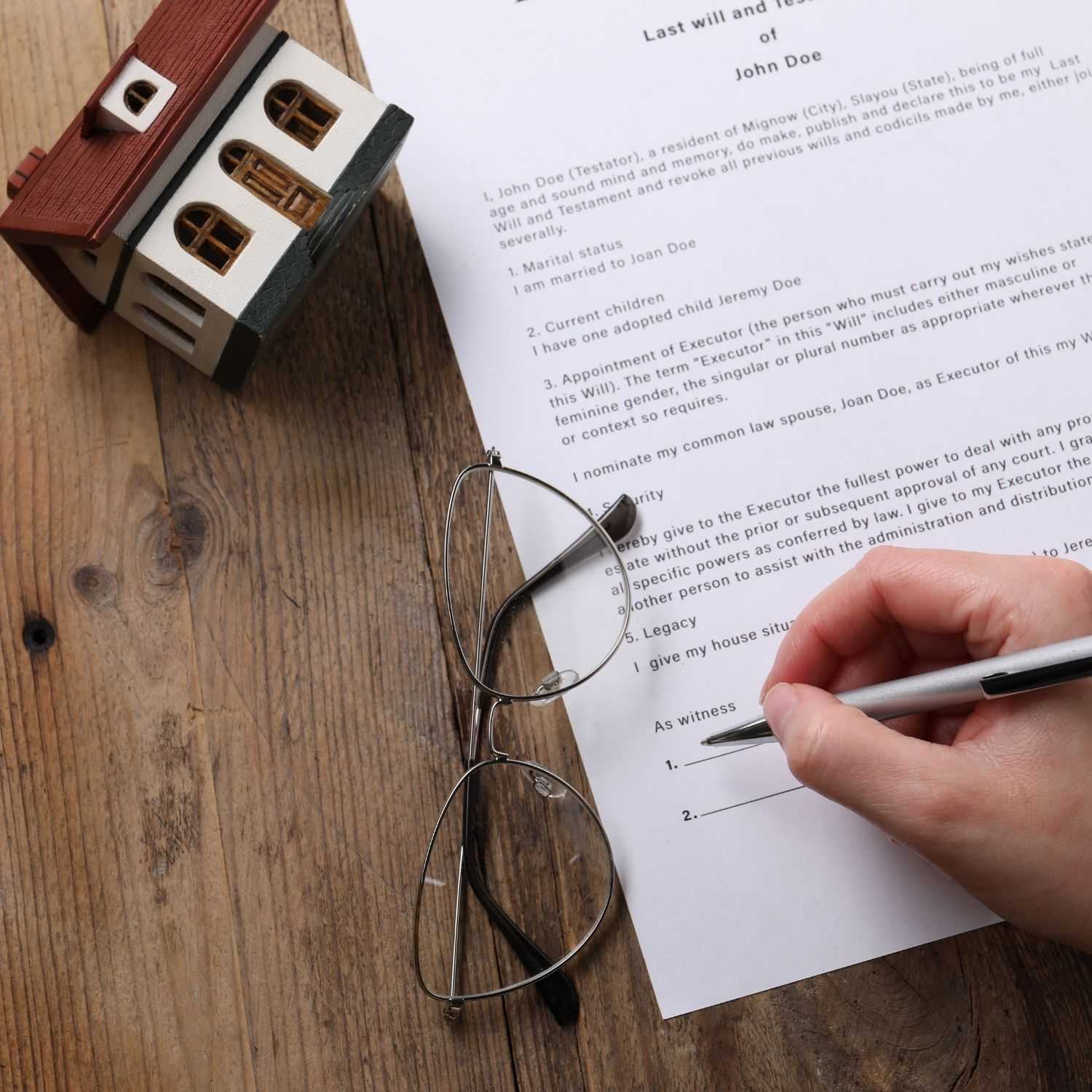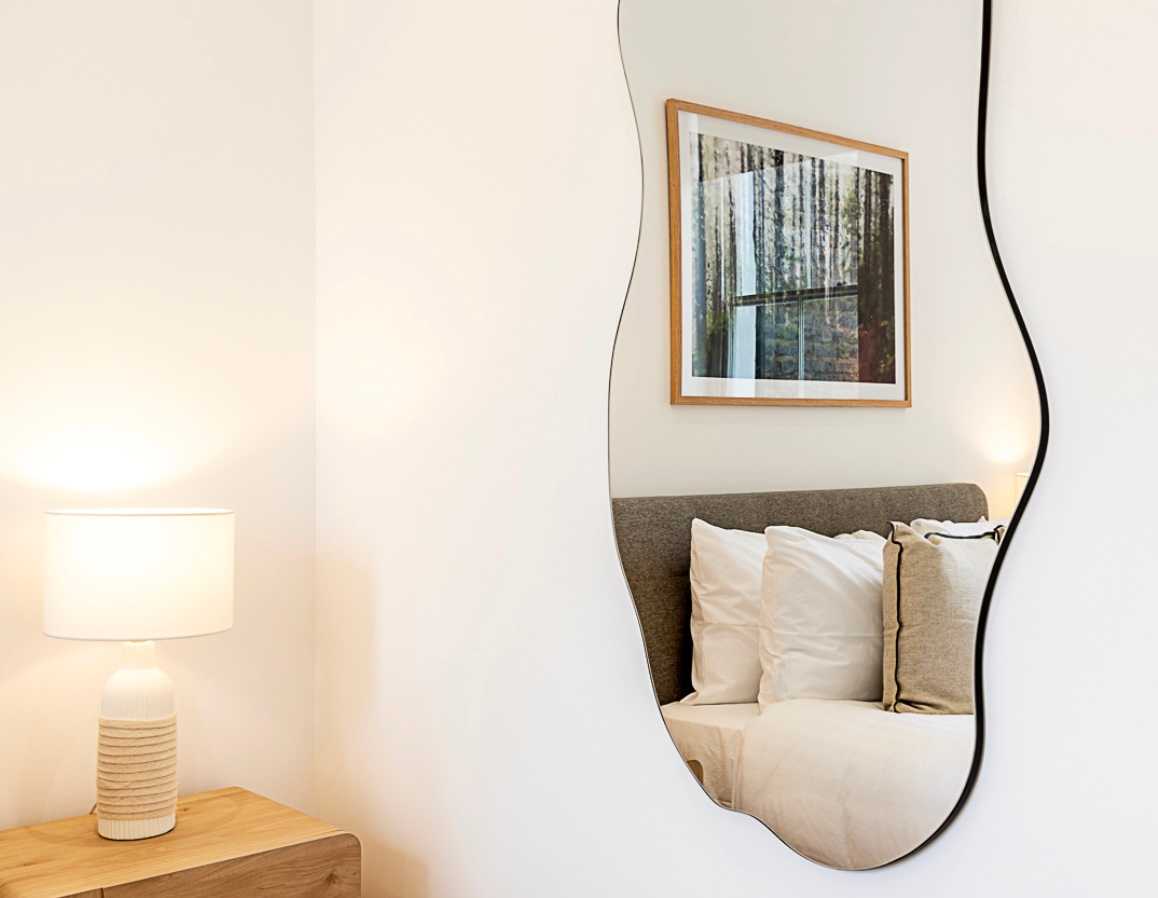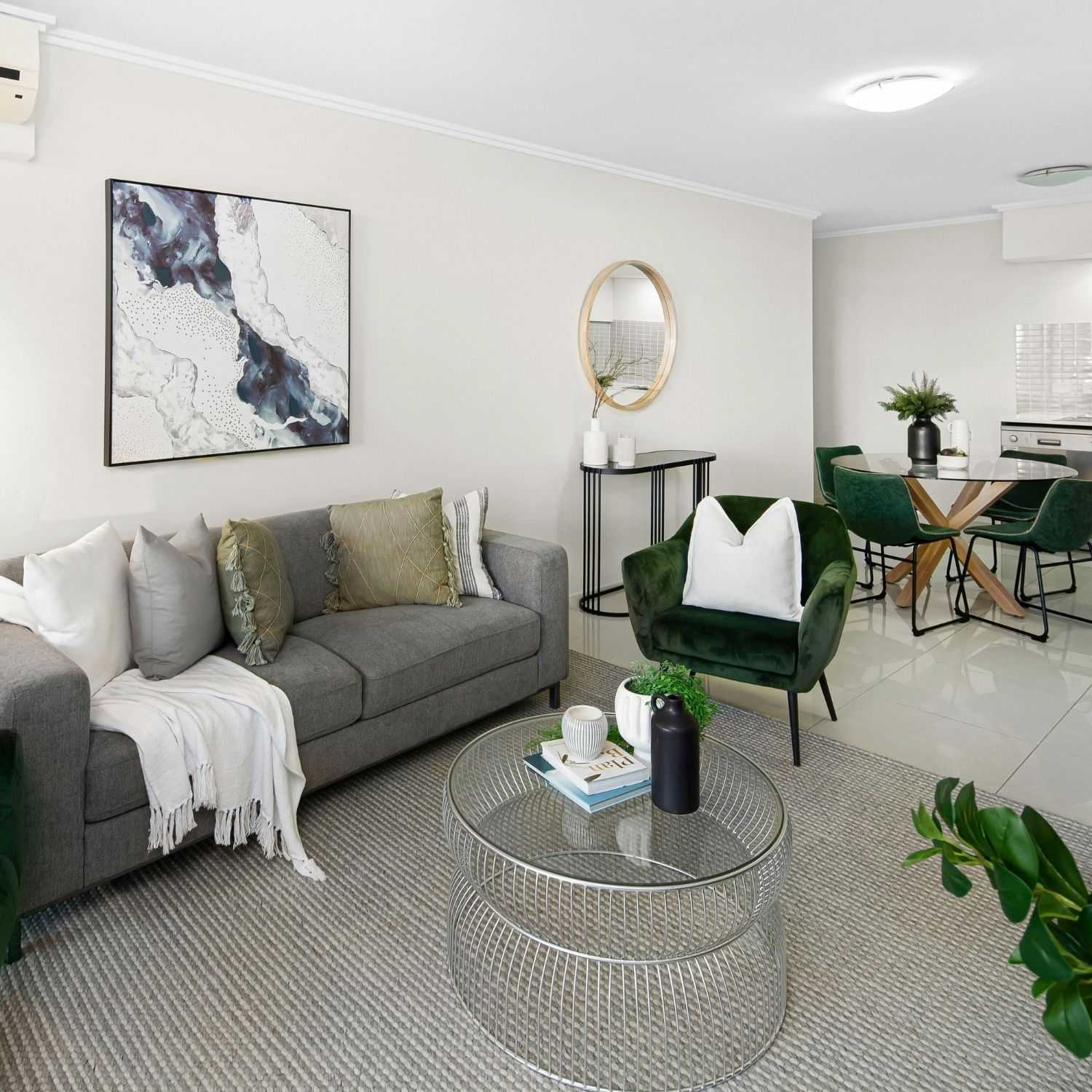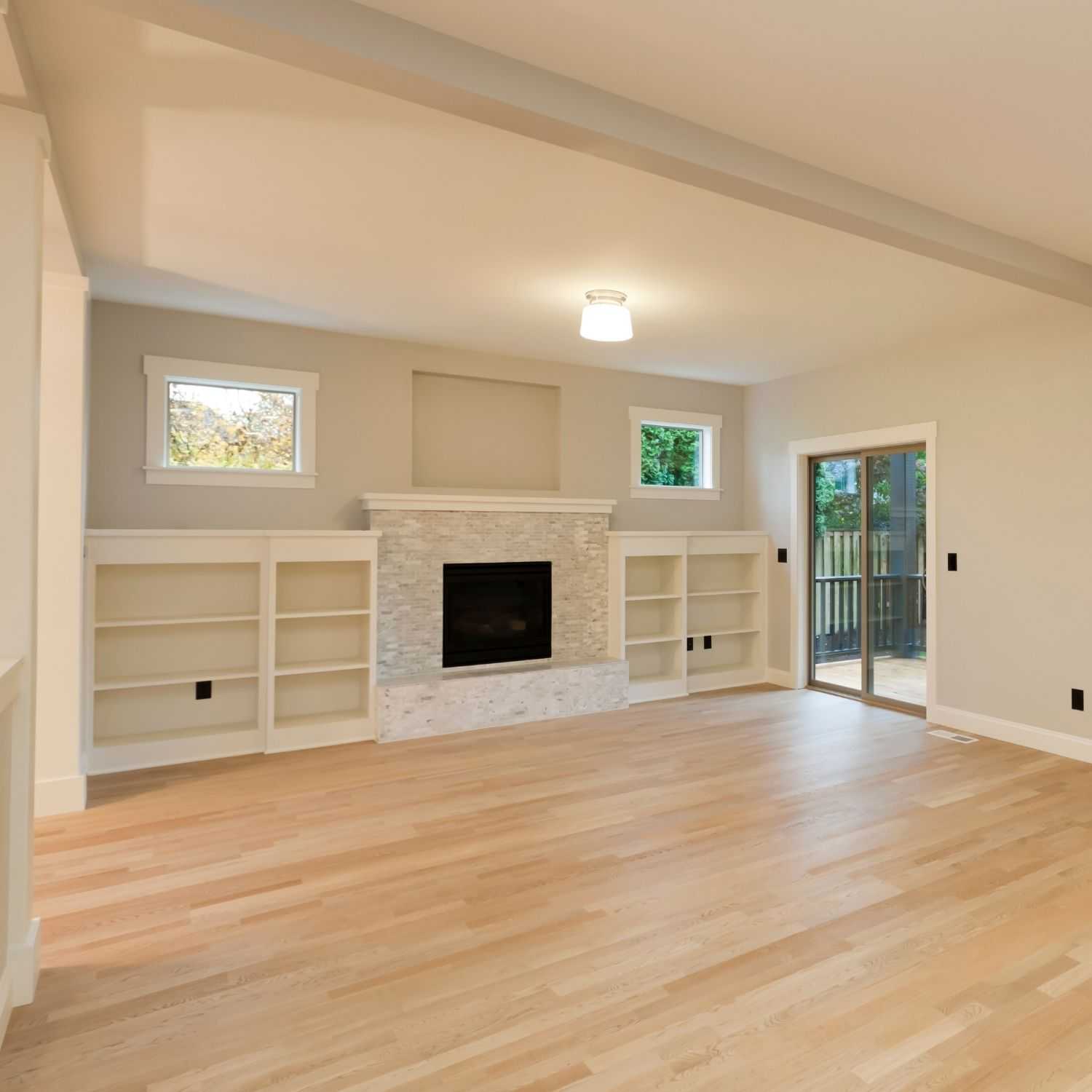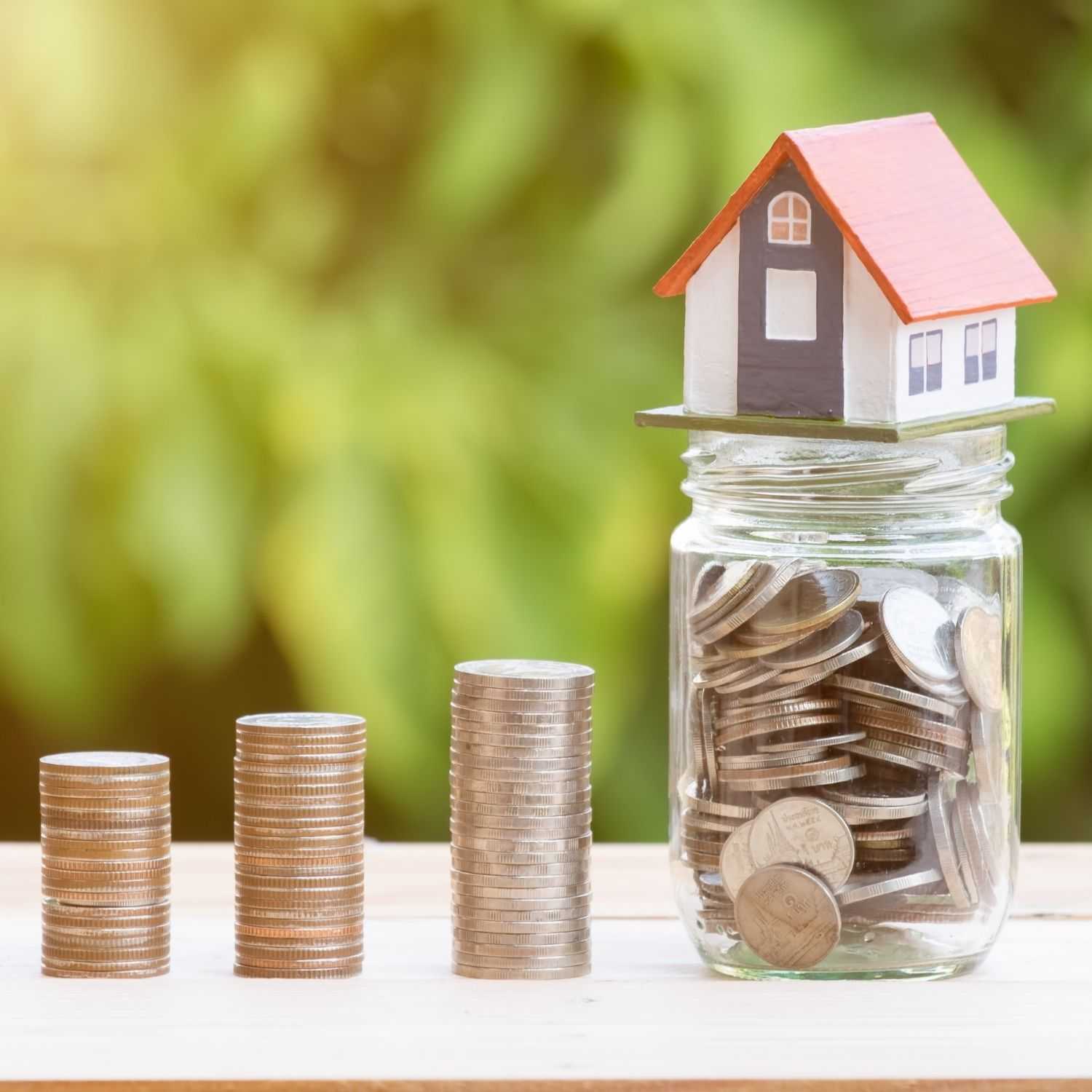Share post:
Airbnb taxes are part of your responsibilities as a host on the online platform. You need to understand your tax obligations, not just for compliance’s sake but also to maximise your rental income without incurring penalties.
For instance, your taxes would differ if you rent a room as opposed to a whole unit. The more you know about the tax collection and payment obligations imposed on Airbnb hosts, the more informed decisions you can make with your property’s income.
In this article, you’ll know more about your tax obligations as a host on Airbnb. You’ll get a list of the tax rules in the UK so you can stay compliant and protected from charges and penalties.
What Are Airbnb Taxes in London?
Airbnb hosts in London follow specific tax rules. Host responsibilities include complying with these tax collection obligations to avoid penalties and charges. It’s not just about how you pay taxes. It’s also about how you understand these tax rules so you can plan effectively and legally minimise your tax payments.
Take a look at the different Airbnb taxes you should comply with.
Income Tax
All income earned from Airbnb short-term rentals will be subject to income tax. It’s important to declare your income, which is easier since Airbnb provides a transaction history where you can track earnings and view your property’s performance.
Any income earned from short-term rentals is considered property income and is subject to income tax. You must declare this income on your Self-Assessment tax return. Airbnb provides a transaction history, which makes it easier to track earnings and report them correctly.
If you’re classified as a small-scale host, you can claim the Property Income Allowance. This allows you to earn up to £1,000 property income, tax-free.
Once you have the information, fill out the tax forms that are normally due 31st January each year. The tax rate you’ll pay will depend on the other sources of income you earn (e.g. salary, other property income, etc). If your total income is £12,570 or less, you don’t pay any income tax. Beyond that, you’ll have to pay a tax rate of 20% (£12,571 – £50,270), 40% (£50,271 – £125,140) or 45% (over £125,140).
Your taxable income can decrease if you claim deductible expenses like cleaning service fees, utility bills, property maintenance and management fees, etc.
Capital Gains Tax
This is only applicable if you decide to sell your Airbnb property. The Capital Gains Tax (CGT) will vary depending on your taxable income.
As of October 30, 2024, the CGT rate is at 18% (lower rate) and 20%-24% (higher rate). On April 6, 2025, the CGT on carried interest will be 32% but will increase further to 36% in April 2026.
If you have declared the property as a Furnished Holiday Let, that might qualify you for CGT reliefs like the Business Asset Disposal Relief. This will reduce your tax rate to 14% (which is set to rise to 18% in April 2026).
Business Rates or Council Tax
Your Airbnb property in London will be subject to Business Rates if you make it available for 140 days or more to rent. In London, Airbnb properties are only allowed to be a short-term let for 90 days a year. If you plan to go beyond this, you need to get planning permission.
In case your property doesn’t qualify for a business rate, you’ll have to pay Council Tax. This means the income earned from your Airbnb is under income tax.
Airbnb Value Added Tax
Your Airbnb income needs to register for VAT if it goes beyond £85,000 in revenue. Anything lower exempts you from paying VAT. Airbnb won’t collect and remit this for you automatically, so you need to track your earnings to be sure.
Right now, VAT is charged at 20%. Make sure you check the VAT registration page to know more about paying VAT.
Rent-a-Room Scheme
Airbnb properties can get tax relief under the Rent-a-Room Scheme. If you only rent a room and earn no more than £7,500, you are exempt from paying taxes on that income.
If you share the income with someone else, the threshold is halved. Not only that, if you claimed £1,000 property income allowance, you can’t avail of this relief.
Common Questions About Airbnb Taxes
Tax collection and payment are essential to continue operating a rental property. Whether you have a furnished holiday let on Airbnb or a long-term rental, you should comply with all your tax obligations.
To be clear about the taxes you have to pay, here are the common questions asked by Airbnb hosts.
How Much Are Airbnb Taxes and Fees?
Your Airbnb taxes and fees will vary with every payment. It’s calculated based on your income and tax bracket. You can lower your tax payments through deductible expenses and by claiming tax reliefs that you may be qualified for.
Take note that some taxes vary per location. Consult with an expert to ensure you’re paying the right taxes.
How Are Airbnb Taxes Calculated?
Tax calculations depend on your earnings less deductions. There are also tax relief or schemes that can bring your tax payments even lower. Make sure you keep a complete record of your transactions to ensure you only pay for what is needed, nothing more.
When does Airbnb charge taxes?
Airbnb will not collect taxes on behalf of London property owners. In some areas, they may automatically collect it, but not in the UK. As the host, it’s up to you to collect and pay your taxes.
In case you want your guests to shoulder some of your tax obligations, you need to include that in the booking fee.
When should Airbnb taxes be paid?
Airbnb taxes are based on your income. So the schedule of paying these taxes will follow the usual tax deadlines in the UK. Pay attention to these dates because late payments will be charged or penalised. Among the key tax deadlines are the following:
- 31st January. Deadline for Self-Assessment tax return submission and payment of unpaid tax dues for the previous year.
- 31st July. Deadline of second tax payment, if applicable.
Take note that the end of every tax year is every 5th April and the next starts every 6th April.
Can you avoid paying Airbnb taxes in the UK?
There are tax relief and schemes that will exempt you from paying Airbnb taxes in the UK, like if your property doesn’t earn enough to be exempt.
Apart from that, there are ways to reduce your tax liability through allowances, deductions, etc.
Pay Your Airbnb Taxes Responsibly
Although paying taxes can be intimidating for some people, it’s a task that Airbnb hosts have to face. The key to paying Airbnb taxes responsibly is to understand what factors affect your tax payments. This will allow you to structure your letting strategy to minimise your obligations. Whether you’re renting a room or a whole house through Airbnb, you can stay compliant while maximising your rental income.
Calculating your tax payments and meeting the deadlines doesn’t have to be difficult as long as you work with the right professionals. For instance, working with a property management company like City Relay will help you navigate Airbnb regulations and optimise pricing so you can ensure compliance without compromising your rental yields.
If you’d like to know more about Airbnb management, get your free rental estimate, then get in touch with City Relay. We’d love to discuss strategies that will improve your rental property’s performance and occupancy rates.
